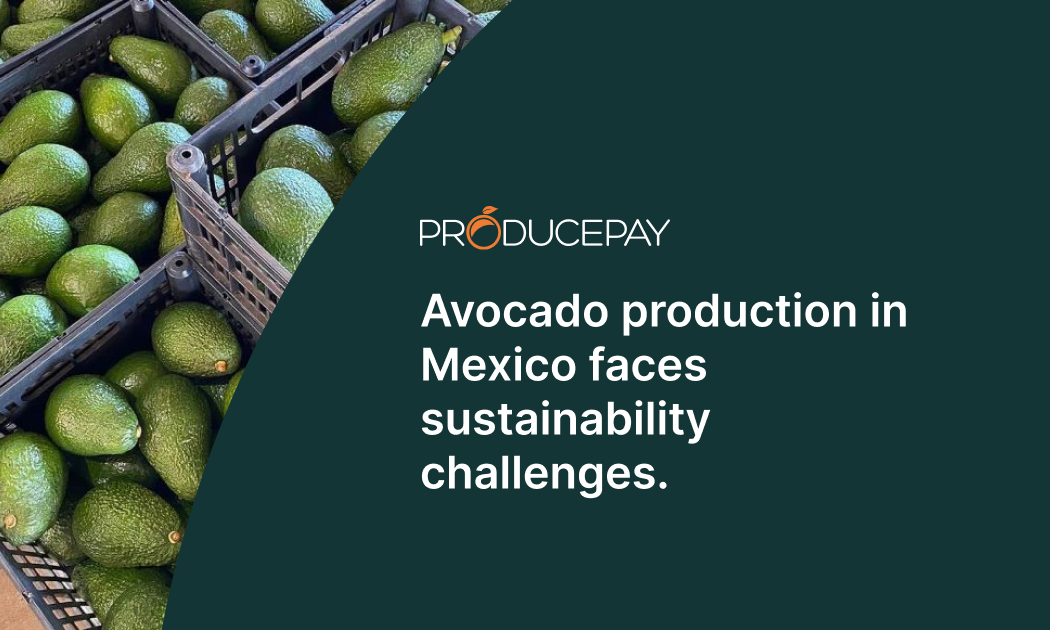
Avocado production in Mexico faces sustainability challenges.
The Agricultural and Fisheries Information Service (SIAP) reports that avocado growers in Michoacán plan to use 179,000 hectares of land for cultivation in 2023, 2% less than the 183,000 hectares used in 2022.
Despite the decrease in land use, SIAP reported a 0.6% year-over-year increase in avocado production for January, with a total of 164,000 tons, primarily due to demand generated by the Super Bowl.
However, the industry faces international criticism for the lack of protection of forests and the overuse of water resources necessary to produce this fruit.
In response, the local government is seeking to recertify sustainable orchards and establish a ban on deforestation so that new orchards aren’t created at the expense of Michoacán’s forests.
Avocado production in Michoacán: a success story with challenges
Michoacán is one of the leading avocado-producing regions in both Mexico and the world. In 2021, the state produced over 1.8 million tons, representing 74.8% of national production and an export value of over $2 billion.
Although this crop is essential to the region’s economy, growers in Michoacán face several environmental and social challenges. One of the biggest problems is deforestation, as the expansion of avocado crops has led to the clearing of forests and a loss of biodiversity.
Another major challenge is water scarcity. Avocado growing requires large quantities of water, and excessive withdrawals from aquifers have led to declining water tables.
Despite these challenges, avocado production in Michoacán continues to be successful in generating employment, wealth, and exports. Many growers are working to address these issues and improve agricultural and social practices, including adopting more sustainable techniques, protecting natural resources, and improving labor conditions.
Avocado industry commits to sustainability
Increasing numbers of companies and growers are taking steps to implement sustainable policies in the avocado industry. These efforts include more responsible agricultural practices, the protection of natural resources and the well-being of local communities.
One important sustainability initiative for the avocado industry is the protection of native forests, as many growers are committing not to deforest new areas for avocado production. Instead, they are seeking ways to increase efficiency in areas already under cultivation. In addition, some companies are implementing reforestation programs to help offset the environmental impact of production.
Organic production stands out as the alternative to meet environmental and phytosanitary criteria for export, but it currently accounts for only 4.5% of total production.
Avocado growers and traders in Michoacán can receive advice and even financing from ProducePay to implement sustainable practices and become more competitive, in addition to connecting with trading partners efficiently and securely through ProducePay’s Marketplace.
Sources: La Voz de Michoacán, Rainforest-Alliance, El Financiero
